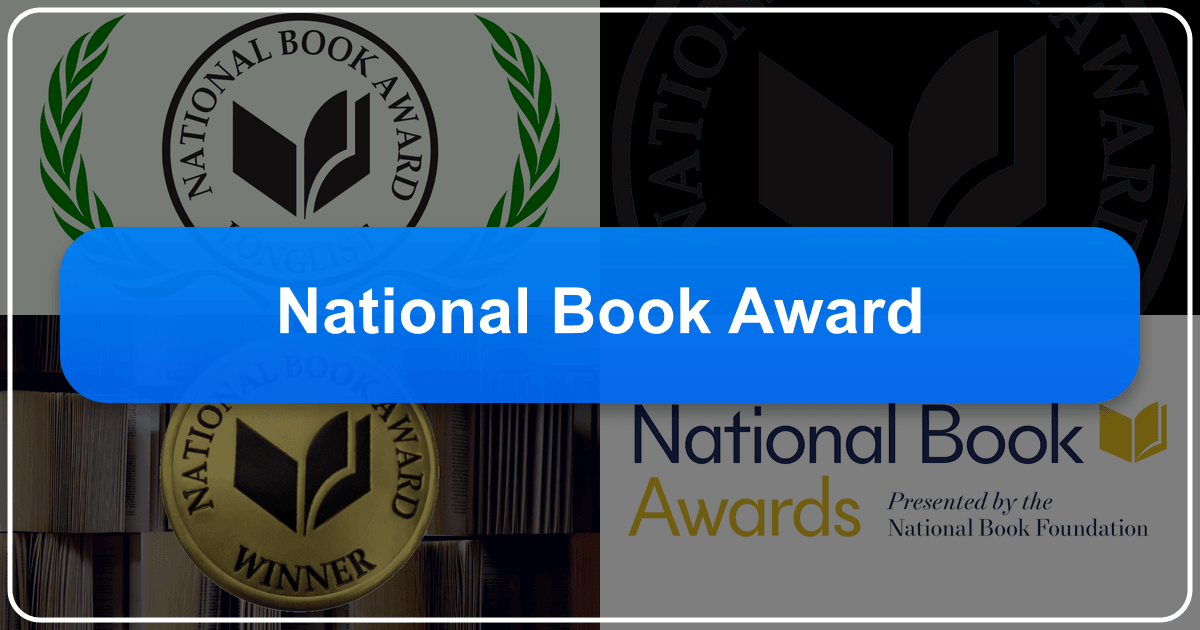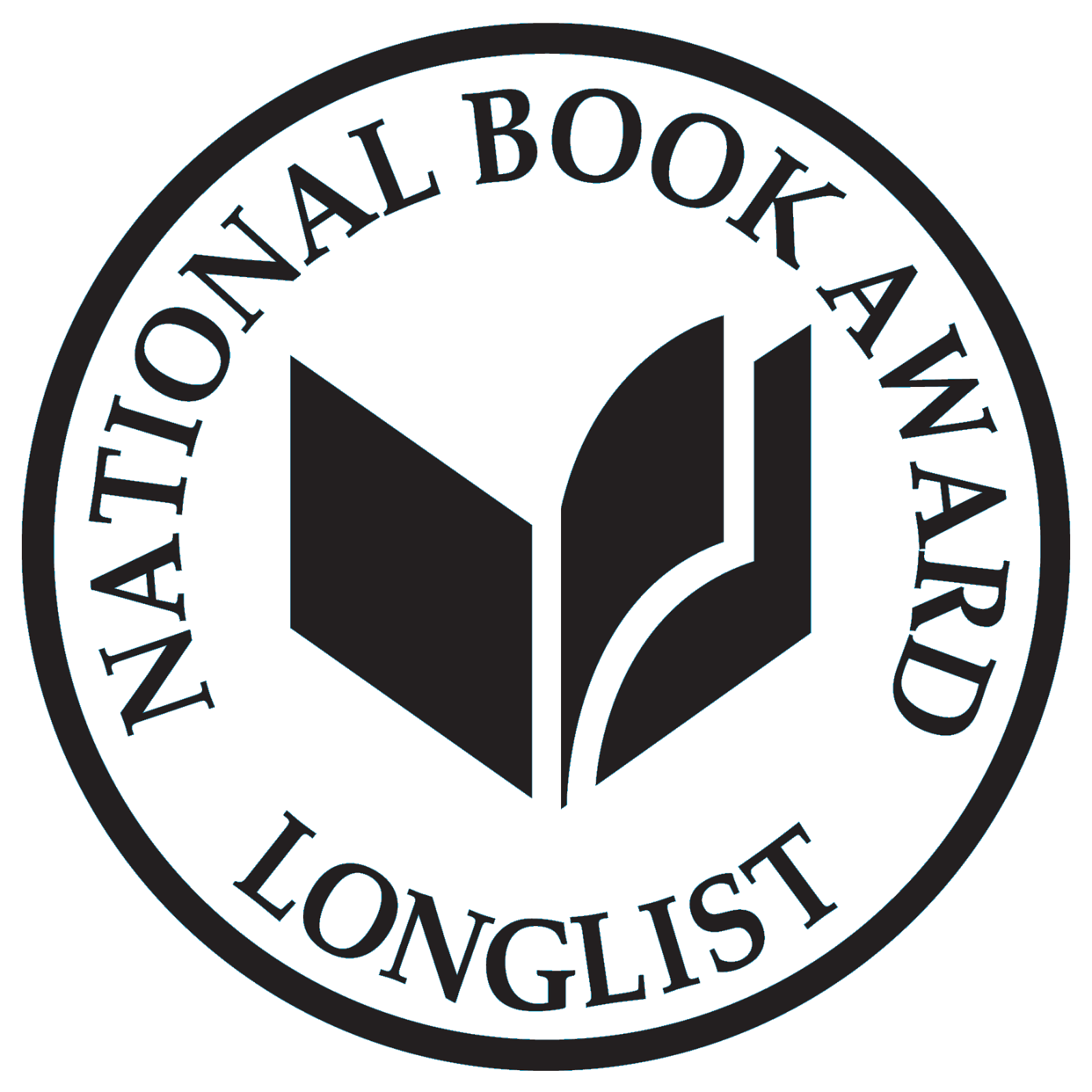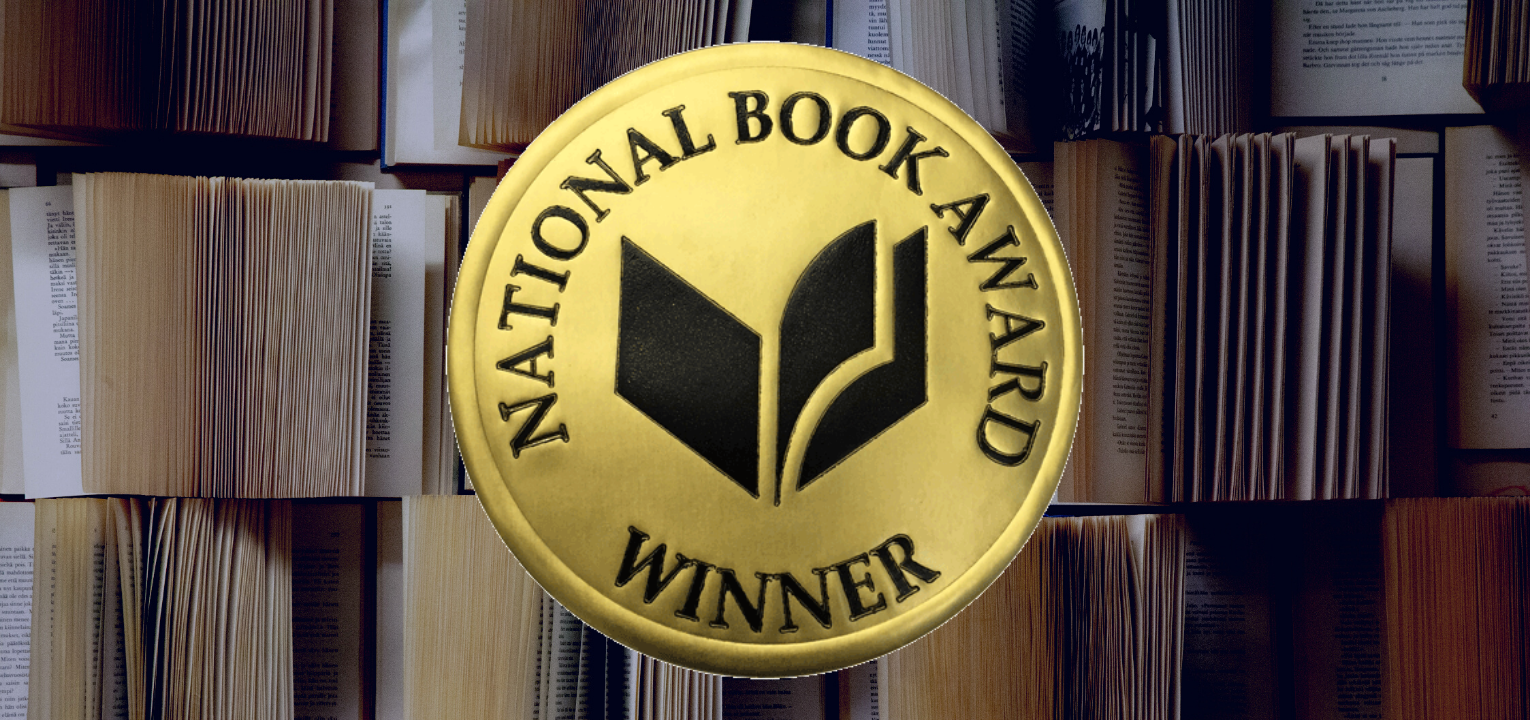The National Book Award: A Celebration of American Literature

The National Book Awards, established in 1950, stand as a cornerstone of American literary achievement. Administered by the National Book Foundation, a non-profit organization, these prestigious awards annually recognize the finest works of fiction, nonfiction, poetry, translated literature, and young people’s literature published in the United States. Over the decades, the Awards have cemented their place as a benchmark of literary excellence, attracting a diverse range of authors and celebrating the rich tapestry of American storytelling. The legacy of the National Book Awards is inextricably linked to the remarkable authors who have graced its list of winners, a veritable pantheon of literary giants whose works have shaped American culture and continue to resonate with readers worldwide.

A Legacy of Literary Luminaries
The list of National Book Award winners reads like a who’s who of American literature. From the modernist prose of William Faulkner and the evocative poetry of Marianne Moore to the searing social commentary of Ralph Ellison and the nuanced character studies of John Cheever, the Awards have honored a diverse array of voices and styles. Bernard Malamud’s poignant explorations of the human condition, Philip Roth’s unflinching portrayals of American life, and the profound lyricism of Robert Lowell represent just a fraction of the literary brilliance recognized by the Awards. Similarly, Walker Percy’s philosophical inquiries, John Updike’s meticulous observations, and Katherine Anne Porter’s masterful storytelling have all been celebrated within this prestigious context.

The impact of the National Book Awards extends beyond the established literary figures; it has also served as a vital platform for launching the careers of emerging talents. Norman Mailer’s rebellious spirit, Lillian Hellman’s unflinching narratives, Elizabeth Bishop’s precise poetic imagery, and Saul Bellow’s profound psychological insights all found early recognition through the Awards. Toni Morrison’s groundbreaking contributions to literature, Flannery O’Connor’s darkly comedic Southern Gothic tales, Adrienne Rich’s powerful feminist poetry, Thomas Pynchon’s experimental narratives, Alice Walker’s poignant explorations of race and gender, E. Annie Proulx’s stark realism, Jesmyn Ward’s unflinching depictions of life in the American South, and Ta-Nehisi Coates’ critical examination of race in America—all owe a significant debt to the National Book Award’s early recognition and endorsement. The breadth of literary achievement represented in this list alone underscores the enduring influence and lasting impact of the awards.

The Evolution of Categories
While the current categories of Fiction, Nonfiction, Poetry, Translated Literature, and Young People’s Literature represent the core of the National Book Awards, the awards’ history reveals a fascinating evolution. In its early years, the National Book Awards encompassed a wider range of genres and sub-categories, reflecting the changing literary landscape and the ongoing dialogue surrounding literary merit. This dynamic evolution showcases the Awards’ commitment to adapting to the ever-evolving world of literature, ensuring that it remains a relevant and representative platform for celebrating the best in American writing. This adaptability has been crucial in allowing the awards to stay current and continue to reflect the diverse and vibrant literary scene of the United States.
The inclusion of Translated Literature, for example, highlights the increasingly global nature of literary exchange and the Awards’ recognition of significant contributions made by authors outside of the United States. Similarly, the Young People’s Literature category acknowledges the crucial role of literature in shaping young minds and fostering a lifelong love of reading. The continuous refinement of categories within the National Book Awards illustrates a commitment to inclusivity, relevance, and a dynamic engagement with the evolving literary world.
Reassessing the Past: A Retrospective Look at the Awards
The process of selecting winners for the National Book Awards is a complex one, often sparking debate and discussion about the very nature of literary merit. The subjective nature of judging literary excellence, a topic explored in a special review feature by the Cincinnati Review, highlights the inherent complexities in deciding which works deserve such recognition. The Cincinnati Review’s project, which re-examined past National Book Award finalists, underscores the fluid and often contested nature of literary reputation. Revisiting past selections allows for a renewed appreciation of the works and a deeper understanding of the cultural and literary context that informed the choices of the juries. This insightful approach demonstrates how literary taste and critical perspectives can change over time, providing a valuable lens through which to reassess the Awards’ legacy.
The Cincinnati Review’s experiment in reassessing the 1960 and 1961 National Book Award winners for fiction offers a compelling case study. Their findings, highlighting the surprising omission of seemingly deserving works, raise crucial questions about the criteria used by award committees and the factors that contribute to a book’s lasting legacy. The judges’ deliberations—as highlighted in the Cincinnati Review’s articles—reveal the inherent tensions between personal preference, critical judgment, and the pressure to select works deemed “worthy” of enduring recognition. These reassessments serve not only as an entertaining exercise, but also as a valuable critical exploration of the complexities of the literary awards process.
The Politics of Literary Prizes
The Cincinnati Review’s initiative touches upon the inherent politics of literary awards. The selection process often reflects prevailing literary trends, institutional biases, and the subjective tastes of the judges. Consequently, certain types of literature might be favored over others, and deserving works could be overlooked due to factors unrelated to their literary merit. This raises fundamental questions about the role of literary prizes in shaping canonical narratives and the potential for bias to influence the selection of winners. Analyzing past awards decisions, as the Cincinnati Review undertakes, offers valuable insights into how these political and cultural influences have shaped the history of the National Book Awards.
Beyond the Awards: The Broader Impact on American Culture
The National Book Awards’ influence extends far beyond the individual winners. The awards play a significant role in shaping the cultural conversation around literature, promoting reading, and fostering a sense of community among writers, readers, and publishers. The visibility provided by the awards introduces readers to new authors and works, expanding their literary horizons and enriching their cultural experiences. The annual ceremony and associated events serve as significant cultural moments, celebrating literary achievement and sparking broader conversations about the role of literature in society.
The winning books often become widely discussed and reviewed, further increasing their visibility and potentially contributing to their lasting impact. Many National Book Award winners have gone on to be adapted into film, television, or theatrical productions, further disseminating their stories and themes to wider audiences and enriching cultural understanding. This expansive reach underscores the profound cultural impact of the National Book Awards. The Awards, therefore, contribute not just to the literary landscape but also to the broader cultural fabric of the United States.
The Role of Libraries and Archives
Libraries, both physical and digital, play a crucial role in preserving and promoting the literary heritage represented by the National Book Awards. These institutions house collections of past winning works, making them accessible to researchers, scholars, and the public. Archives preserve materials related to the Awards’ history, offering a valuable resource for understanding the evolution of the literary landscape and the Awards’ impact on the American literary scene. These archives become repositories of literary history, preserving not only the texts themselves, but also the context in which these literary masterpieces were created and received. The collaborative relationship between the National Book Foundation and these institutions ensures the ongoing accessibility and preservation of the vital literary legacy embodied within the National Book Awards.
Conclusion: A Continuing Legacy
The National Book Awards remain a vital institution in the American literary world. For over seven decades, the Awards have celebrated the richness and diversity of American literature, showcasing the talent and vision of countless authors. The Awards continue to serve as a powerful platform for recognizing literary excellence, promoting reading, and fostering a vibrant literary community. As the literary landscape continues to evolve, the National Book Awards stand ready to embrace new voices, new genres, and new perspectives, ensuring that it continues to remain a relevant and significant force in the literary world for generations to come. The legacy of the National Book Award is not just a chronicle of exceptional writers, but a testament to the enduring power of literature to shape, reflect, and inspire the American cultural narrative.